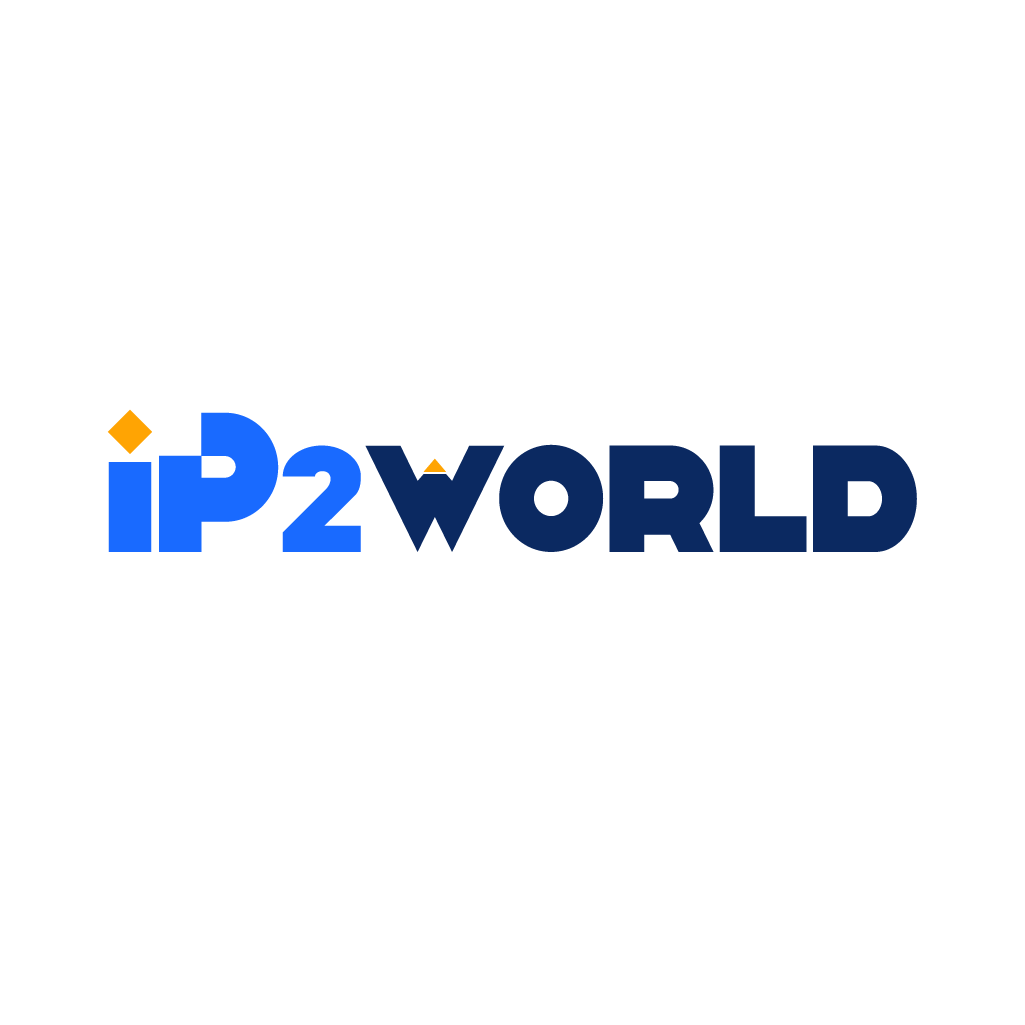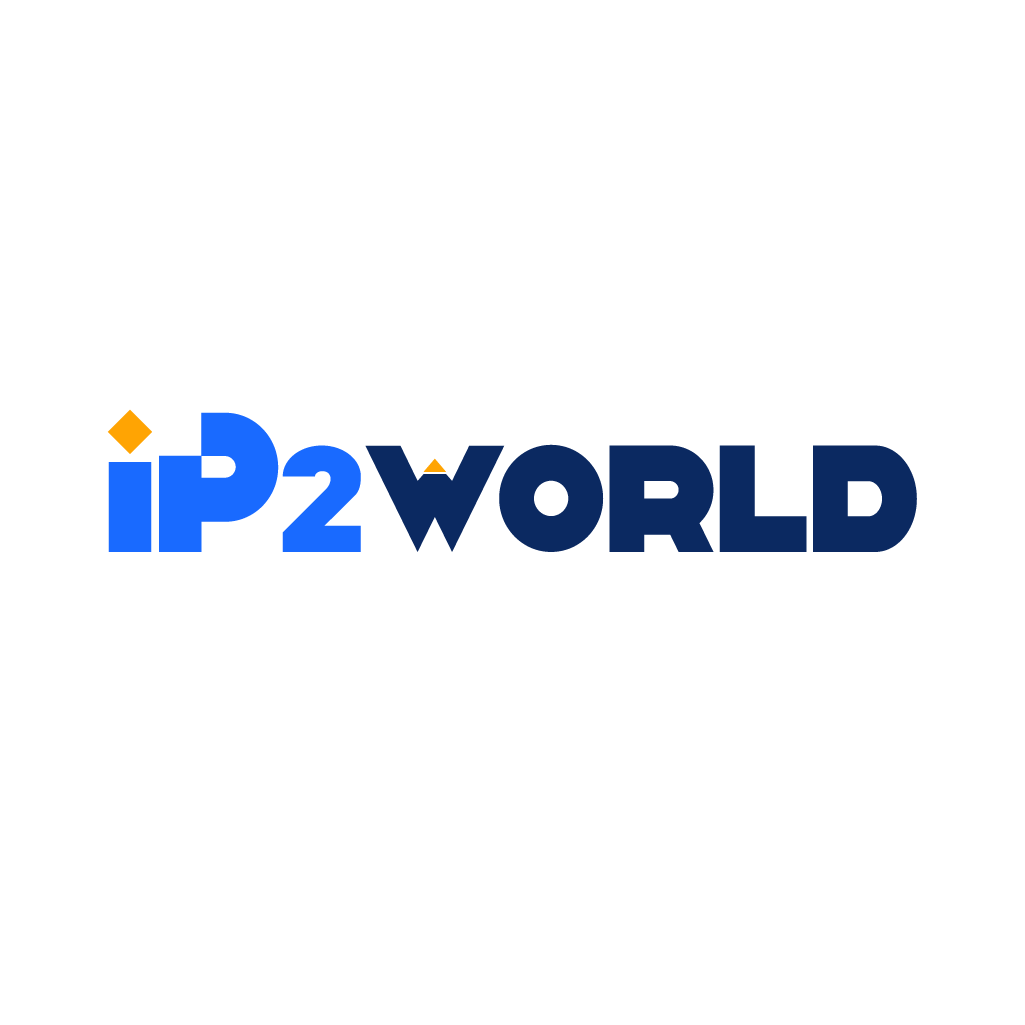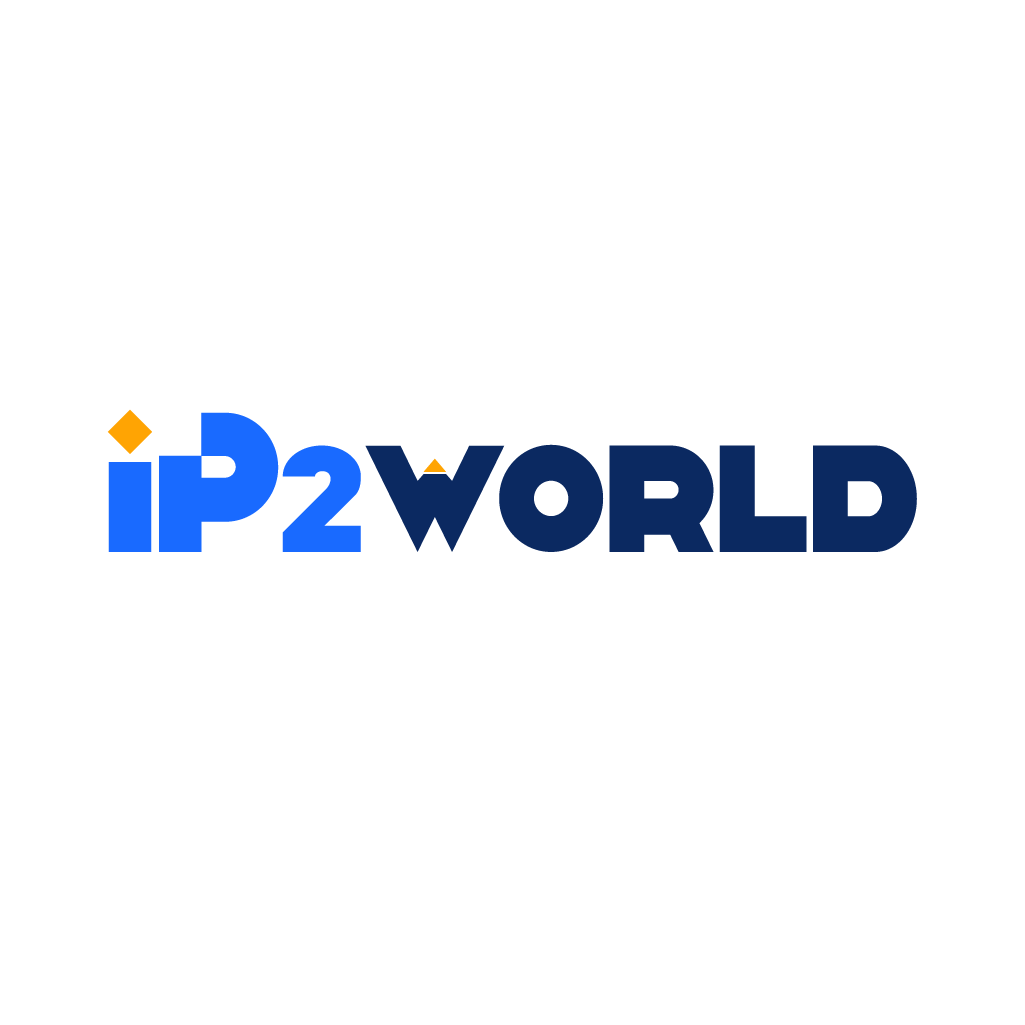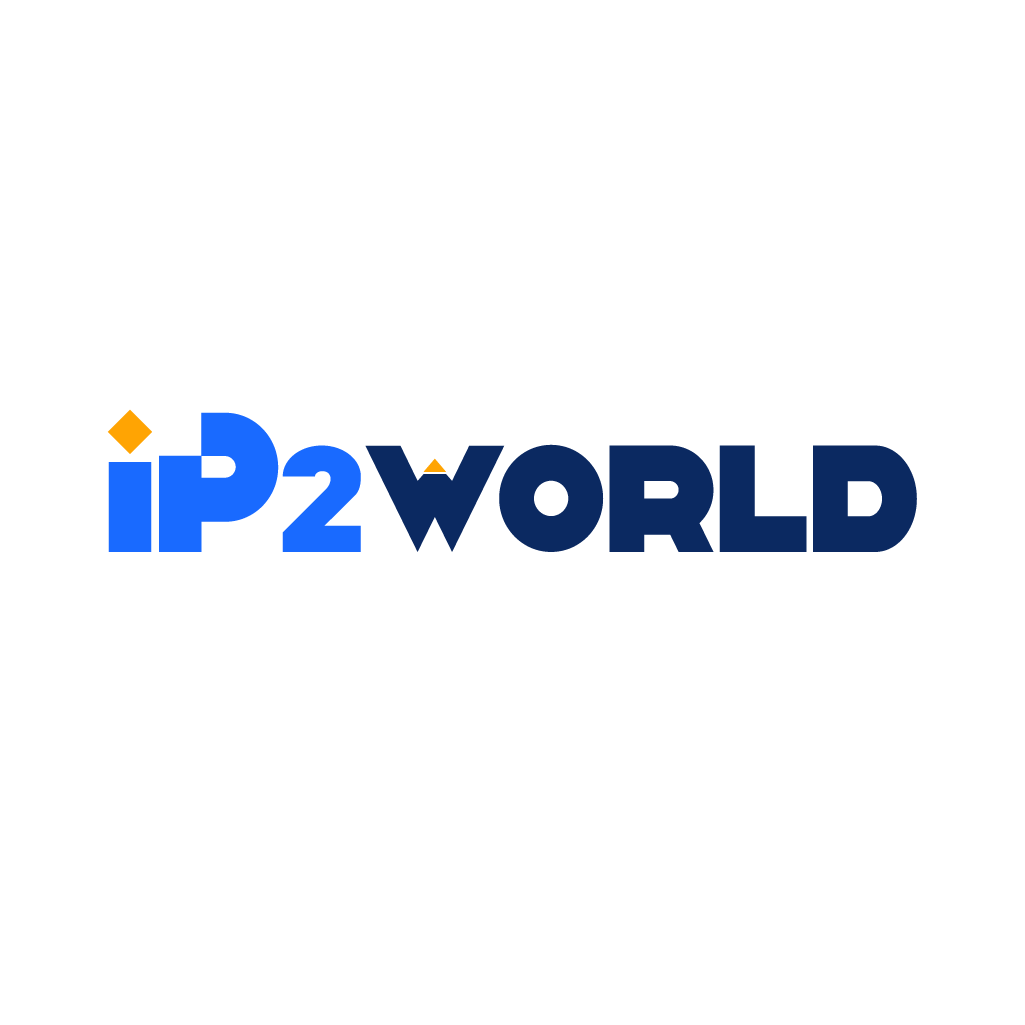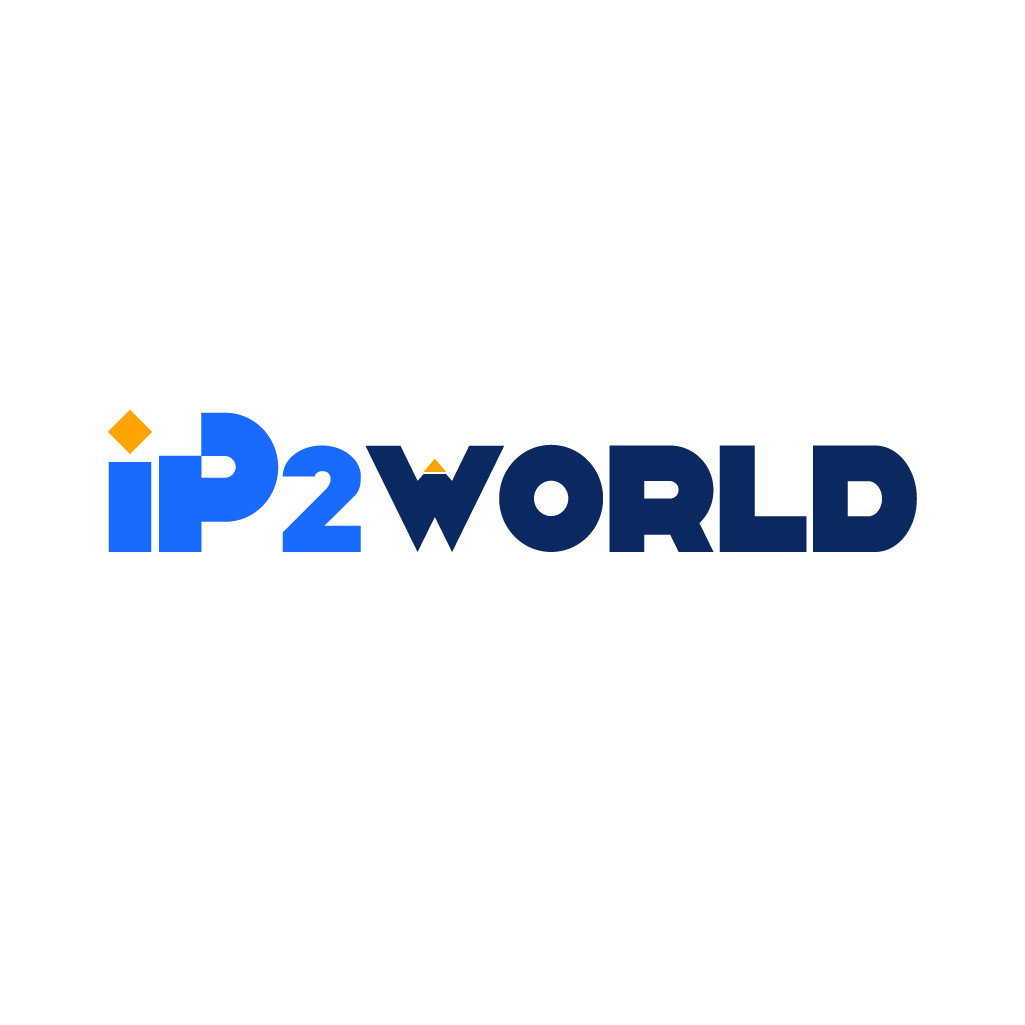Introduction In today's highly competitive business landscape, gaining a strategic edge over rivals is crucial to success. Competitive intelligence - the systematic collection and analysis of data regarding competitor activities - has become an invaluable practice for making smart strategic decisions. With the rise of big data and advanced analytics, the impact of harnessing competitive intelligence continues to grow. This article will explore how technologies like web scraping and proxies enable accessing the comprehensive, real-time data needed to unlock actionable competitive insights. We will delve into key data points for effective analysis, challenges in gathering intelligence, and how the right tools and techniques can overcome limitations of traditional methods. Additionally, we will outline best practices for implementing an efficient web scraping approach augmented by proxies to stay ahead of the competition. Key Data Points for Competitive Analysis When conducting competitive intelligence, there are several key types of data that provide valuable insights: - Pricing - Monitoring competitor pricing and discounts on an ongoing basis reveals crucial information about their overall pricing strategy and flexibility. For example, are they using premium pricing models? Do they offer frequent promotions and sales? How quickly do they react to external market factors? Tracking pricing data over time can uncover patterns and strategies competitors use. - Product features - Analyzing competitors' product offerings and specifications helps identify unique features, deficiencies, and areas of innovation. For instance, you can compare the features lists of competing products to see what's missing from your offerings or what innovative features set a competitor apart. Reverse engineering competitor products can also reveal insights into their underlying technologies. - Marketing strategies - Evaluating elements like social media engagement, SEO keywords, pay-per-click campaigns, offline advertising, and messaging gives visibility into the most effective marketing tactics that one can emulate or improve upon. You can collect data on competitors' most used keywords, their ad spend levels, types of ads and landing pages, influencer partnerships, etc. to inform your own marketing. - Customer reviews - Customer feedback on forums, review sites, social media, and seller portals offers unfiltered insights into people's perceptions of competitive products and services. By analyzing positive and negative mentions, you can uncover shortcomings to avoid while also revealing brand differentiators that engender loyalty. Sentiment analysis can parse this qualitative data to identify recurring themes and patterns. - Market share - Tracking indicators of competitors' market share and penetration exposes how your company is faring relative to key rivals. Share metrics also reveal whether competitors are gaining or losing ground in specific segments, geographies, and demographics. - Hiring trends - Monitoring competitors' job listings, LinkedIn profiles, and news around talent acquisition provides visibility into the skills, resources, and strategic focus areas competitors are building up. This can help identify capability gaps your company needs to address. The right mix of data provides both a breadth of understanding through quantitative metrics as well as more qualitative, descriptive insights into competitors' strategies and positioning. Challenges of Competitive Data Collection While competitive intelligence can unlock game-changing insights, traditional data collection methods pose some key challenges: - Getting blocked or banned from sites - Competitors' websites often employ anti-scraping tools to detect and block automated scraping bots. Tactics like IP blacklists, CAPTCHAs, rate limiting, user-agent blocking, etc. can hamper scraping efforts. Once detected, scrapers may face temporary or permanent access restrictions. - Needing large data sets - Scale is critical for meaningful analysis, but manual data gathering using basic web scraping or copying and pasting cannot deliver the required breadth across enough competitors. Dozens of data points must be tracked across an industry for robust insights. Lack of automation makes large-scale competitive intelligence extremely difficult. - Accessing data from different geographical locations - Websites commonly use geo-IP blocking to display localized content based on a visitor's location. This prevents scraping their full site data unless you can access content from required regions. Restrictions also apply when collecting pricing data, social media data, app store ratings and more across geographies. - Detecting bot activity - Sophisticated sites use advanced techniques to detect bots. This includes analyzing traffic patterns, scraping speeds, mouse movements, browser fingerprints,PUB IDs and more. Such detection triggers bot mitigation. Avoiding digital footprints of bots is a big challenge. - Data inconsistencies - Since competitors are constantly changing their sites, manually collected data often contains inconsistencies over time and across sources. This makes normalization and accurate analysis quite tricky. While automation solves this, it has blocking downsides. - Legal and ethical hurdles - Overly aggressive scraping without considering sites' terms of service or data protection laws can have negative legal consequences. However, monitoring competitors is an accepted business practice if done ethically. Treading this fine line is difficult. - Data relevance - With limited manual analysis, it's easy to scrape irrelevant data that offers little competitive insights. Automation makes large-scale scraping possible but needs careful configuration by experts. - Resource overhead - Doing large-scale competitive intelligence manually requires extensive human resources for analysts, researchers, data entry staff, IT infrastructure, etc. The costs and effort quickly become prohibitive without automation. In summary, traditional web scraping poses scalability, consistency, visibility and access challenges for comprehensive competitive insights. Overcoming these requires a strategic approach leveraging the right tools and techniques. Web Scraping for Competitive Intelligence Web scraping provides a powerful solution to overcome the challenges of competitive data collection: - Automated data extraction - Bots can crawl competitor sites 24/7, gathering data like prices, inventory, ratings, and more exponentially faster than humanly possible. Scraping automation works around the clock to extract data. - Customize scraping to get specific data points - Scraping programs can be tailored to extract just the data attributes required for your competitive analysis. For instance, target only pricing, inventory levels, keywords, ads, or other elements of interest. - Scalable for large data sets - Web scraping easily handles scraping data across thousands of web pages, products, keywords, and competitors. This volume enables more comprehensive analysis vs manual approaches. - Greater completeness - Automated scraping ensures complete capture of all data on a site without human oversight gaps in manual methods. Custom filters refine large data sets. - Tracking changes over time - Unlike sporadic manual checking, bots can scrape sites round the clock to identify changes in real-time like price drops, new products etc. - Bypass geo-restrictions - Scrapers can be routed through proxy servers to access localized information on competitors' sites across regions. - Anonymity - Running scrapers via proxies hides the scraper's identity from competitor sites while collecting data. This prevents blocking. - Normalized data format - Scraped data can be extracted into a consistent structured format for easy analysis. Manual data requires normalization. - Integration with analytics - Scraped competitive data can be automatically fed into business intelligence dashboards, marketing analytics, and other data-driven systems. - Lower overheads - Once set up, scrapers automate data collection with minimal ongoing human effort compared to manual methods. This boosts productivity. The right web scraping approach provides the scale, automation, customization and integrated analysis capabilities needed for next-level competitive intelligence. It transforms this function from a cost to a driver of business growth. Proxies Enhance Web Scraping However, competitors often block scrapers using methods like IP bans, CAPTCHAs, rate limiting etc. This is where proxies add a vital layer of enhancement. Proxies work by masking the scraper bot's real IP address, hiding its identity and evading blocks. Key proxy benefits that supercharge web scraping include: - Mask IP address to avoid blocks - Proxies conceal the scraper's actual IP so sites cannot immediately blacklist it upon detection of bot activity. This provides room to rotate IPs. - Rotate IPs to mimic human traffic - Proxies dynamically switch assigned IP addresses rapidly. This makes sites perceive varied traffic instead of repetitive bot queries from the same IP, avoiding bot suspicion. - Access geo-restricted data - Proxies grant access to location-specific data by routing traffic through IP addresses based in required geographies. This helps overcome geo-blocks. - Avoid rate limiting - Proxy IPs prevent single IPs from getting rate limited by distributing scraping across a pool of IPs. This expands scale. - Lower detectability - Varying IPs and user-agents via proxies mimics human browsing patterns. This makes detection of bot activity harder for sites. - Retry on failures - If one proxy IP faces a block or ban, the scraper can simply get assigned a new IP and resume data collection, providing continuity. - Faster speeds - Proxies based in multiple global locations provide high bandwidth to accelerate scraping speeds and efficiency. - Enhanced reliability - Proxy networks have high uptime and availability across locations, enhancing scraping reliability. - Support for automation - Proxies offer API access for easy integration with scraping bots, allowing automated proxy rotation. The proxy enhancement addresses key web scraping pain points like blocks, geographic restrictions, throttling and detection. This enables uninterrupted extraction of competitive intelligence data at scale across global sites. Best Practices for Web Scraping To leverage web scraping and proxies effectively for competitive intelligence, some key best practices include: - Comply with site terms of service - Avoid violating websites' usage policies, which often prohibit aggressive scraping. Scrape ethically by considering data protection laws and reasonable site usage. - Use reputable tools and proxy providers - Choose reliable, high-performance scraping tools and proxy services to enable fast, uninterrupted data extraction. Check client reviews and uptime history. - Validate and clean data - Check scraped data for errors, filter out anomalies, handle missing values, and normalize formats for accurate analysis. Deduplication and validation are important. - Anonymize personal data - Scrub any personal data inadvertently extracted to protect user privacy before competitive analysis. Follow data protection regulations. - Secure storage and access - Store scraped competitive data securely with encryption, access controls and data anonymization. Limit internal access to authorized users. - Customize scraping carefully - Configure scraping with specific selectors and filters to gather only relevant data points required for analysis while optimizing performance. - Expand geo-coverage - Use proxies from diverse geographic locations to overcome geo-blocks and gain wider competitive insights across regions. - Stay updated on site changes - When sites modify their DOM or layout, update scrapers regularly to prevent disruptions in extracting competitive data. - Automate proxy rotation - For large-scale scraping, integrate proxies with tools via APIs to automate IP rotation for optimal results and lower detection. - Supplement with expert guidance - Work with experienced scraping specialists to implement best practices tailored to your use case for maximum ROI. With a thoughtful, compliant and comprehensive approach, web scraping can deliver unmatched competitive intelligence at speed and scale to drive informed strategy. Turning Data into Actionable Insights The real value of competitive intelligence lies in translating raw scraped data into strategic business advantage. Here are key ways companies can generate actionable insights from competitive data: - Identify competitor strengths and weaknesses - Thoroughly analyze scraped data to pinpoint specific areas where rivals are excelling or lacking. Use these insights to outperform competitors by boosting your strengths and capitalizing on their weak spots. - Find gaps in competitor offerings - Look for customer pain points, underserved needs and changing preferences that competitors are failing to address adequately. These present promising opportunities you can seize with tailored offerings. - Adjust pricing and packaging - Fine-tune your pricing, bundling, discounts and promotions based on intelligence gathered around competitor pricing models and strategies. React quickly to their pricing shifts. - Enhance product/service portfolio - Provide features, quality, customization that your analysis shows are lacking in competitor offerings. Fill portfolio gaps revealed by your intelligence. - Shape marketing strategies - Derive insights into the performance of competitors' campaigns, partnerships, messaging etc. to fine-tune your own marketing for superior results. - Improve customer experience - Use data on competitor customer feedback and journeys to identify how you can better serve customers across channels and touchpoints. - Inform sales approaches - Intelligence on competitor deals, prospects, partnerships etc. can strengthen targeting and positioning when selling against them. - Guide new market entry - Use data on local incumbents to formulate strategies and build capabilities tailored to succeeding in markets competitors have entered. - Refocus organizational priorities - Let intelligence uncovered on competitors' activities steer key decisions on resource allocation, new hires, M&A etc. to gain an edge. With the right analysis framework in place, competitive intelligence can provide a sustained strategic advantage based on data-driven decisions and differentiation. Conclusion In closing, integrating web scraping and proxies establishes a scalable, reliable competitive intelligence capability. This empowers businesses to uncover strategic opportunities and vulnerabilities in real-time based on data-driven competitor and market analysis. However, this potent combination must be deployed thoughtfully, following ethical best practices. With the proper solutions and framework in place, companies can convert raw scraped data into sustained competitive advantage. Competitive intelligence is no longer just a nice-to-have, but a must-have analytical competency that enables strategically maximizing business performance. The insights it unlocks are key to competing and winning in the modern digital era.
2023-09-20
